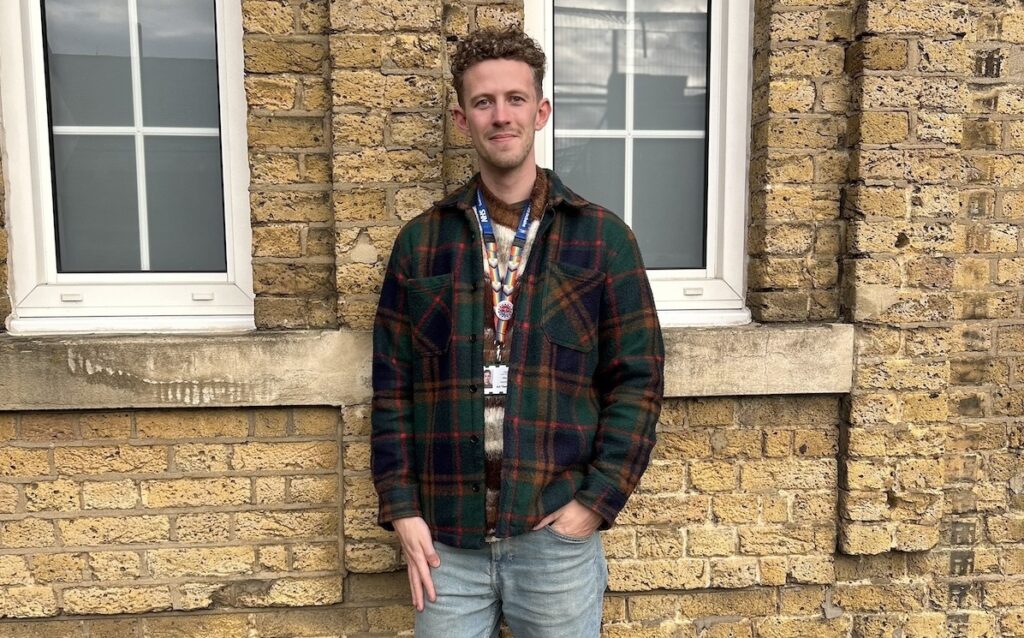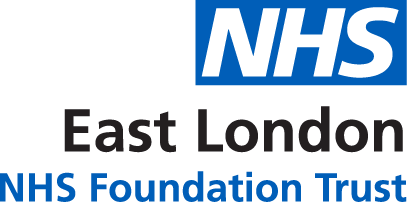Supporting LGBTQIA+ colleagues

Co-lead of the LGBTQIA+ Staff Network, Tiffer Hutchings, talks about the work and priorities for the network.
How did you first get involved with the LGBTQIA+ Network?
I first got involved with the network in 2023 for London Pride, when I received an invitation to march with ELFT. I had never been to Pride before and the experience of being there with the NHS was profound and emotional. It was such a joyful day that I still treasure. I knew then that I was keen to be a more active part of the network and now here I am as one of the Co-Leads!
What steps is the network taking to ensure that intersectional identities are fully considered in LGBTQIA+ inclusion efforts within the Trust?
We are collaborating and communicating with the other staff networks. The project we're all excited about is the online Intersectionality Conference that the networks have been planning for the New Year. We hope that this will provide a rich forum to reflect on the wealth of intersectional identities that ELFT hosts and how we make space to support one another in marginalised communities.
Beyond that we have our essential Bi and Trans representatives as well as our Directorate Leads to help us call in a broad a range of perspectives and lived experiences, especially on matters of policy consultation.
What achievement or initiative within the LGBTQIA+ network are you most proud of?
In our efforts to have a trauma informed approach as a key component of our strategy, the weekly safe space that we facilitate for our LGBTQIA+ network members has been a real highlight. It's an online, regular space that our members use to take support as and when they need. I think that space symbolises what Naomi and I wanted to offer coming into the role of Co-Leads as arts therapists, using our skills in supporting wellbeing for the benefit of our members.
What role do you think allies within the NHS play in supporting LGBTQIA+ inclusion, and how can they help foster a more inclusive workplace?
Allies in the NHS play an essential role to support LGBTQIA+ inclusion, as demonstrated by the wonderful Richard Harwin who also leads the network. Advocacy and understanding from our allies in the workplace make queer staff members feel safer. Allies can help us by using their empathy, curiosity and compassion to learn about LGBTQIA+ identities and better understand what it means to be queer in the NHS.
Looking ahead, what are some of the key priorities for the LGBTQIA+ network in the coming years?
At the moment our key priority is recruiting directorate leads to represent the whole of ELFT. Being such a large organisation, they play will play a crucial part in communicating the atmosphere, priorities and challenges that each part of ELFT faces in terms of LGBTQIA+ inclusion. Otherwise, we are considering ways to offer more robust support for staff members who come to us with clinical scenarios where they may want to offer better care for an LGBTQIA+ service user but are unsure how.
